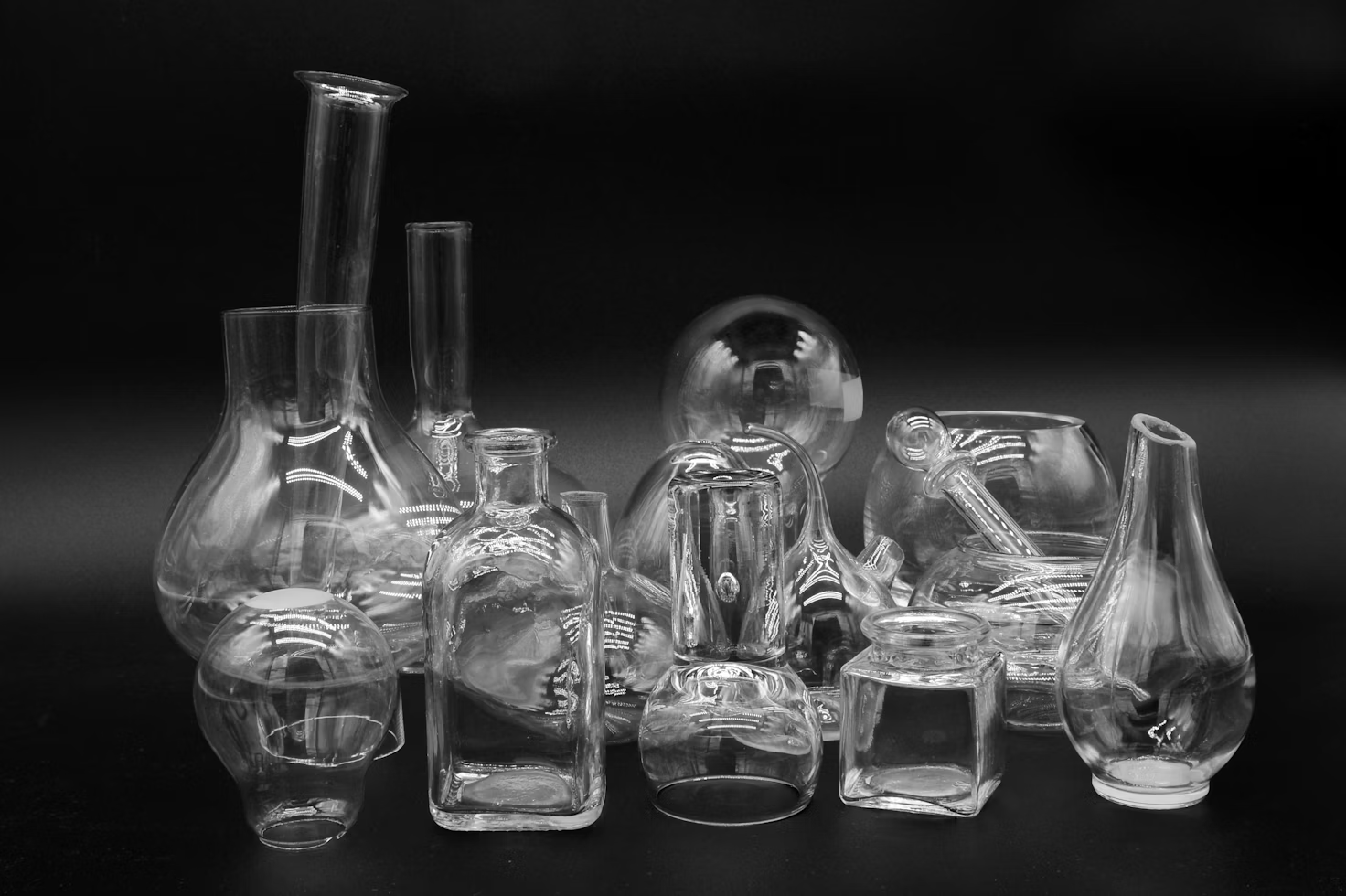The humble yet essential role of glassware cannot be overstated. From simple beakers to complex distillation setups, glassware forms the very foundation upon which countless experiments are built. The selection of appropriate glassware is not merely a matter of convenience; it is a critical factor that can directly influence the success, safety, and reproducibility of your research.
This comprehensive guide will provide you with the knowledge and insights necessary to make informed choices for your experimental needs.
Understanding Laboratory Glassware
Laboratory glassware encompasses a vast array of containers, tubes, and other equipment made of glass, each designed for a specific purpose. It's important to understand the different types of glassware and their properties before making a selection.
Types of Glassware
· Beakers: Cylindrical containers with a flat bottom, used for mixing, heating, and holding liquids.
· Flasks: Vessels with a narrower neck than beakers, often used for heating, mixing, and storing liquids. Common types include Erlenmeyer flasks, round-bottom flasks, and volumetric flasks.
· Test Tubes: Cylindrical tubes used for holding small samples for experiments.
· Graduated Cylinders: Tall, narrow containers used for measuring liquid volumes with moderate accuracy.
· Burets: Long, graduated tubes with a stopcock at one end, used for dispensing precise volumes of liquid in titrations.
· Pipettes: Glass or plastic tubes used for transferring precise volumes of liquid. Types include volumetric pipettes, graduated pipettes, and micropipettes.
· Condensers: Used for cooling hot vapors and condensing them back into liquids, often in distillation setups.
· Desiccators: Sealed containers used for removing moisture from substances.
· Petri Dishes: Shallow cylindrical dishes used for culturing cells or microorganisms.
Glassware Materials
· Borosilicate Glass: The most common type of laboratory glass, known for its high resistance to heat, thermal shock, and chemical corrosion.
· Soda-Lime Glass: Less expensive than borosilicate glass, but has lower heat and chemical resistance. Often used for disposable glassware.
· Quartz Glass: Offers excellent heat and chemical resistance, but is more expensive than borosilicate glass. Used for specialized applications.
Factors to Consider When Selecting Glassware
 Choosing the right glassware for your experiments requires careful consideration of several factors:
Choosing the right glassware for your experiments requires careful consideration of several factors:
1. Application
The specific application will dictate the type of glassware required.
Consider the following:
· Heating: If heating is involved, borosilicate glass is essential.
· Mixing: Beakers and flasks are suitable for mixing liquids.
· Storage: Flasks and bottles are used for storing liquids.
· Measurement: Graduated cylinders, burets, and pipettes are used for measuring liquid volumes.
· Reactions: Specialized glassware may be needed for specific chemical reactions.
2. Volume and Capacity
Choose glassware with the appropriate volume or capacity for your experiments. Consider the size of your samples and the volumes of liquids you will be handling.
3. Accuracy and Precision
If precise measurements are required, use volumetric glassware such as volumetric flasks, burets, and pipettes.
Graduated cylinders offer moderate accuracy for less demanding measurements.
4. Chemical Compatibility
Ensure that the glassware material is compatible with the chemicals you will be using.
Borosilicate glass is generally resistant to most chemicals, but some chemicals may require specialized glassware.
5. Temperature Requirements
If heating or cooling is involved, choose glassware that can withstand the temperature range. Borosilicate and quartz glass are suitable for high temperatures.
6. Durability
Consider the durability of the glassware, especially if it will be used frequently or subjected to harsh conditions.
Borosilicate glass is generally more durable than soda-lime glass.
7. Cost
Glassware varies in price depending on the type, material, and quality. Determine your budget and prioritize the glassware that is most essential for your experiments.
MedLabAmerica.com Can Help
At MedLabAmerica.com, we offer a comprehensive selection of high-quality laboratory glassware to meet the diverse needs of researchers and scientists. Our inventory includes a wide range of beakers, flasks, tubes, and other essential glassware, all crafted from durable materials and designed for accuracy and reliability.
We are committed to providing you with affordable lab equipment and ensuring that you have the tools you need to conduct successful and reproducible experiments. Whether you’re looking to purchase clinical and industrial lighting fixtures, electrosurgical generators, dermatology equipment, vital signs monitors, or other medical equipment, we can help.

